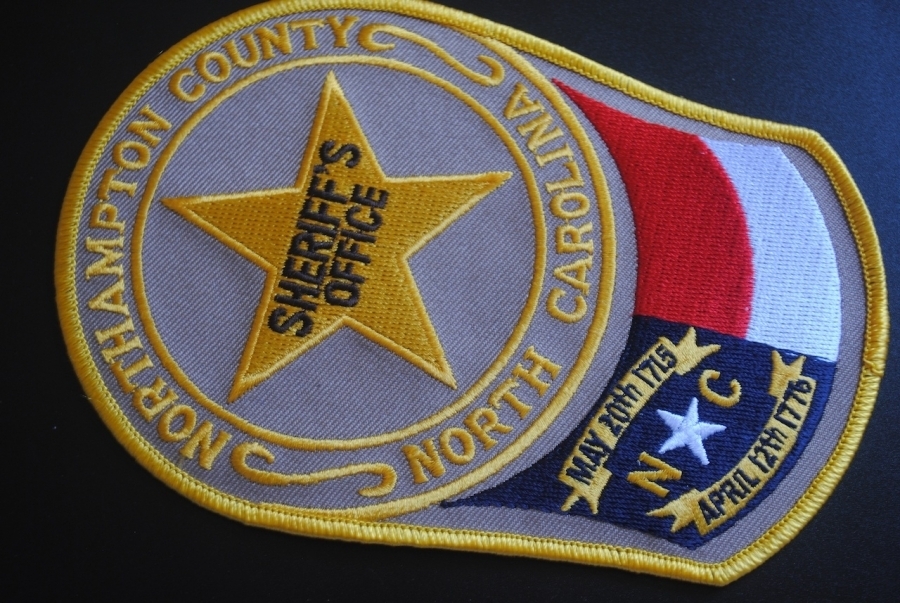Northampton County recently established a countywide Crime Stoppers program that will encompass information and collective efforts from the sheriff’s office and all law enforcement municipalities within the county.
“This program will aim to combat crime, solve crime, and get violent offenders off the streets,” Captain Patrick Jacobs said. “Crime Stoppers tips are a valuable tool for law enforcement and the communities we serve as citizens have the necessary tools available to contact law enforcement to report criminal activity, wanted persons, and assist with information in active investigations.”
The program will consist of a Crime Stoppers website: https://www.northamptoncountycrimestoppers.org/
Use of the P3 tip form at this link
A phone line: 252-645-9026
(The P3 Tips App for Apple can be downloaded at this link and for Android at this link)
https://www.rrspin.com/news/8223-northampton-establishes-county-wide-crime-stoppers-program.html#sigProIda9207f0c5a
Jacobs said the phone line does not utilize caller ID and will allow citizens to submit informational tips and interact with law enforcement anonymously.
The Crime Stoppers program will pay out a set dollar amount to individuals that provide law enforcement with valuable information that leads to an arrest of wanted persons, help with solving crimes, locating missing persons, and other matters.
Jacobs said the Northampton County Crime Stoppers program encourages citizens of the community to assist local law enforcement agencies in the fight against crime by overcoming the two key elements that inhibit community involvement: Fear and apathy.
“We want to know about burglaries, robberies, drug deals, vandalism, violent acts and threats of violence, and/or any crime of a serious nature. In addition, if you know of a crime about to be committed, we want to hear about that, too.”
The Northampton County Crime Stoppers tip line is available 24 hours a day, 7 days a week, and 365 days a year.
If the information provided is helpful and leads to an arrest and the recovery of weapons, narcotics, stolen property, or the capture of a wanted fugitive, callers could be eligible to receive a cash reward of up to $1,000. If the information helps solve a homicide case, callers will be eligible for a cash reward of up to $5,000.
The anonymous portion of Crime Stoppers means the following:
A name will never be requested
Calls will not be recorded
Phone numbers and tips online are not traced
Callers do not have to make a statement to the police
Callers do not have to appear in court
The online option of giving tips is completely secure and anonymous “and is a very effective and efficient means of safely communicating with us in today's world,” Jacobs said. “The world’s leading online tip solution provider, Anderson Software, powers our web tip process.”
What Jacobs described as a unique integrated two-way dialog allows the tipster to come back and provide additional information to their tip at any time, but also provides a secure means for the coordinator to ask questions or provide reward information back to the tipster through the same secure and encrypted interface. “Tipsters can be guaranteed anonymity and it streamlines communication between law enforcement and the tipster.”
Crime Stopper programs are organized as a not-for-profit organization.
A civilian community board of directors provides direction as to the financial and promotional activities of the program.
The board of directors enhances the community involvement aspect, and its function is vital to the program’s success, Jacobs said and is funded by private donations and fund-raising — meaning no tax dollars are involved.
The reward money paid out by the program is from the fundraising and donations from concerned citizens and businesses.
A community board of directors, made up of persons from throughout the area, meets on a monthly basis to evaluate arrests and to decide on the size of rewards to be paid, up to $1,000. Rewards are then distributed in a private manner to the callers.
Callers are eligible for rewards up to $1,000, but, despite this, many callers choose not to collect their rewards, Jacobs said.









